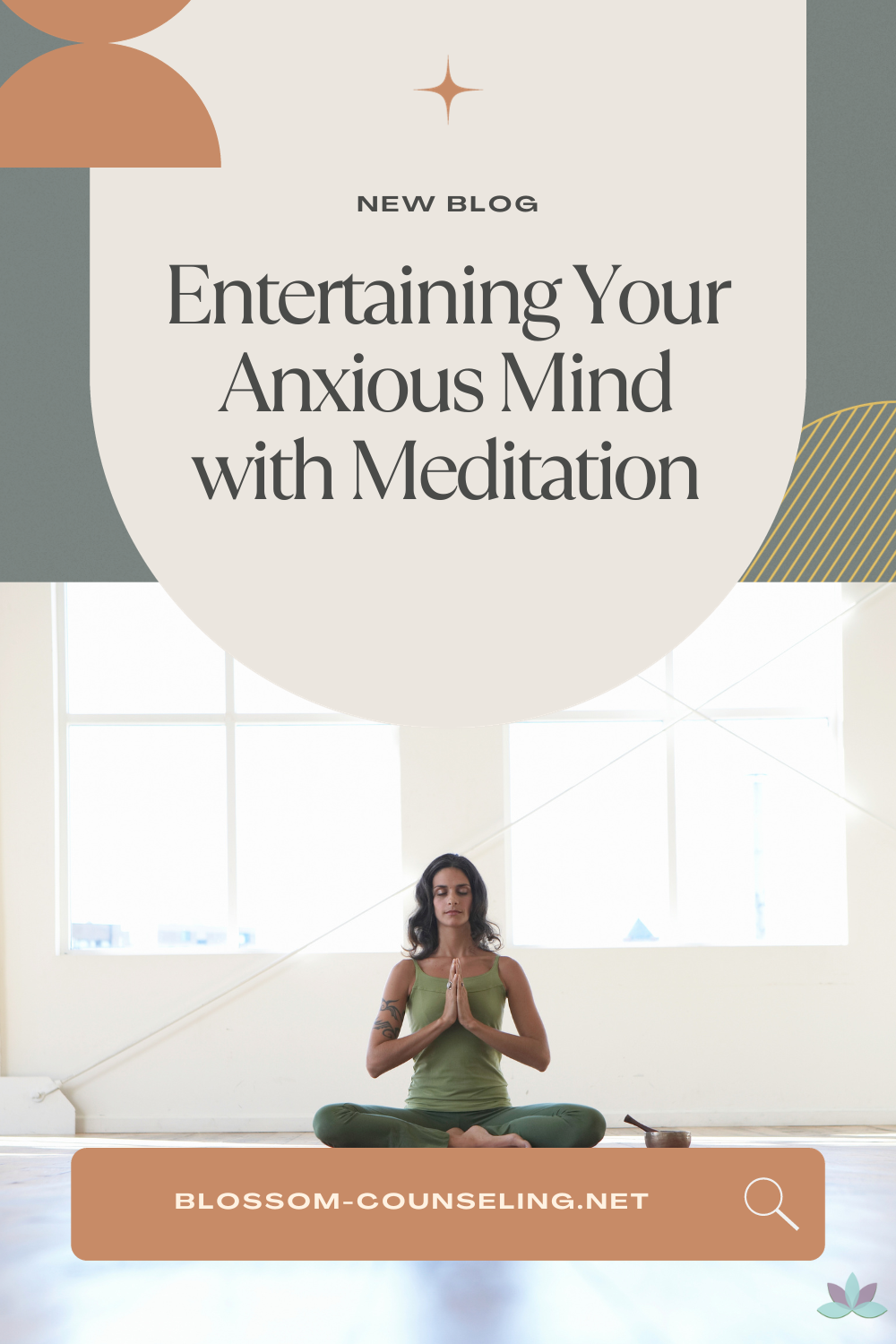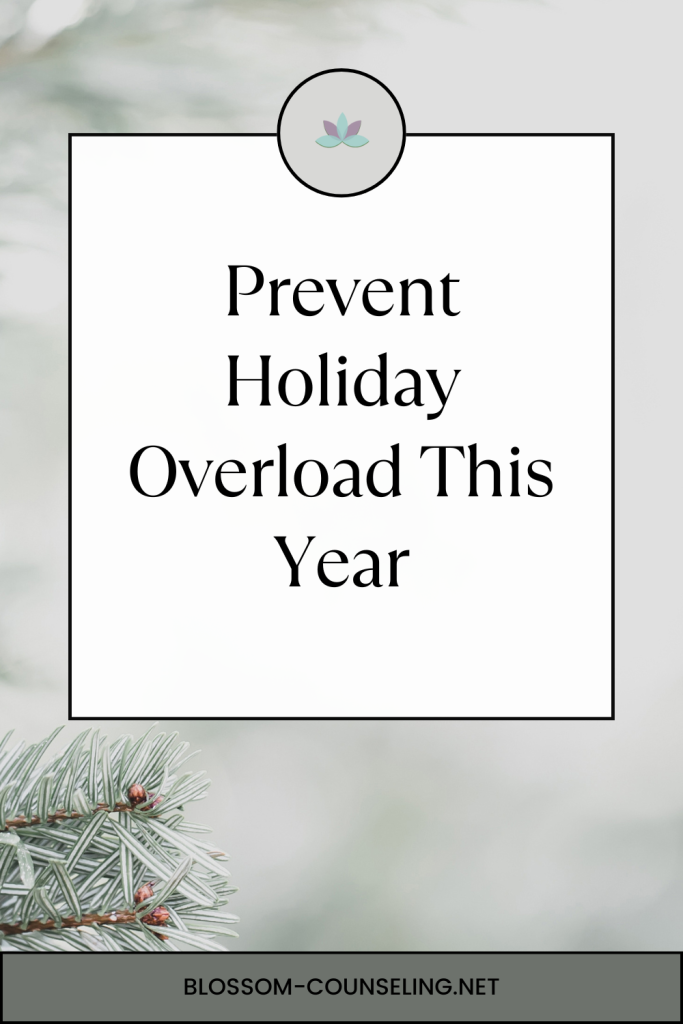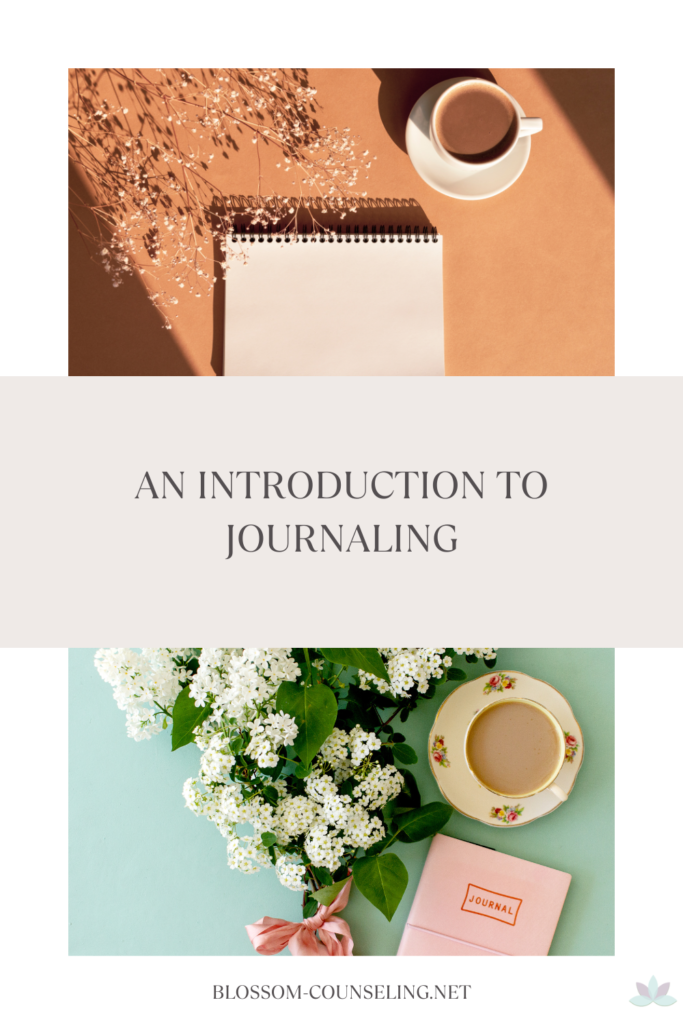
Meditation has been found to reduce stress levels in people with anxiety. Anxiety and stress are closely related, and when we are stressed, our body releases stress hormones that can cause us to feel anxious. Meditation works by activating the parasympathetic nervous system, which is responsible for the body’s relaxation response. By activating this system, meditation can help reduce stress levels, leading to a decrease in anxiety symptoms.
One study published in the Journal of the American Medical Association found that mindfulness meditation can be as effective as antidepressant medication in reducing symptoms of anxiety and depression. The study showed that mindfulness meditation can help reduce the symptoms of anxiety by up to 38%. Another study published in the International Journal of Yoga found that practicing yoga, which incorporates meditation, can help reduce anxiety levels in people with generalized anxiety disorder.
Improved Emotional Regulation
Another way meditation can help with anxiety is by improving emotional regulation. People with anxiety often struggle with managing their emotions, which can lead to increased anxiety levels. Meditation helps people become more aware of their emotions and develop better control over them. Research has shown that meditation can increase activity in the prefrontal cortex, which is responsible for regulating emotions. By improving emotional regulation, meditation can help people with anxiety better manage their symptoms.
A study published in the Journal of Clinical Psychology found that practicing mindfulness meditation can help reduce symptoms of post-traumatic stress disorder (PTSD) in veterans. The study showed that practicing mindfulness meditation led to a significant reduction in PTSD symptoms, including anxiety, depression, and sleep disturbance. The results of this study suggest that mindfulness meditation may be a helpful treatment for people with PTSD and other anxiety disorders.
Increased Mindfulness
Meditation can also help people with anxiety by increasing mindfulness. Mindfulness is the practice of being present in the moment and fully aware of one’s thoughts and feelings. People with anxiety often have racing thoughts and worry about future events, which can cause them to feel anxious. By practicing mindfulness through meditation, people with anxiety can learn to focus on the present moment and let go of negative thoughts. This can lead to a decrease in anxiety symptoms and an overall improvement in mental wellbeing.
One study published in the Journal of Anxiety Disorders found that mindfulness-based stress reduction (MBSR), which incorporates meditation, can help reduce symptoms of social anxiety disorder. The study showed that MBSR led to a significant reduction in symptoms of social anxiety disorder, including fear of negative evaluation and avoidance of social situations. The results of this study suggest that MBSR may be a helpful treatment for people with social anxiety disorder.
Meditation is a powerful tool that can help people with anxiety. It works by reducing stress levels, improving emotional regulation, and increasing mindfulness. By incorporating meditation into their daily routine, people with anxiety can manage their symptoms and improve their mental wellbeing. If you struggle with anxiety, consider trying meditation as a part of your anxiety management plan.
Remember that meditation is not a substitute for professional treatment. If you are experiencing severe anxiety symptoms, it is important to seek help from a mental health professional.
|
|




